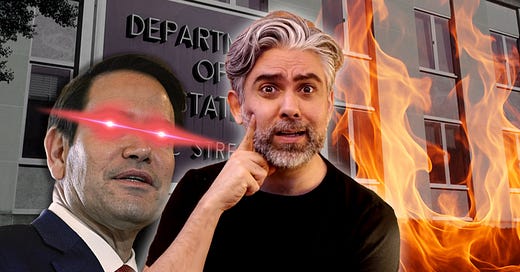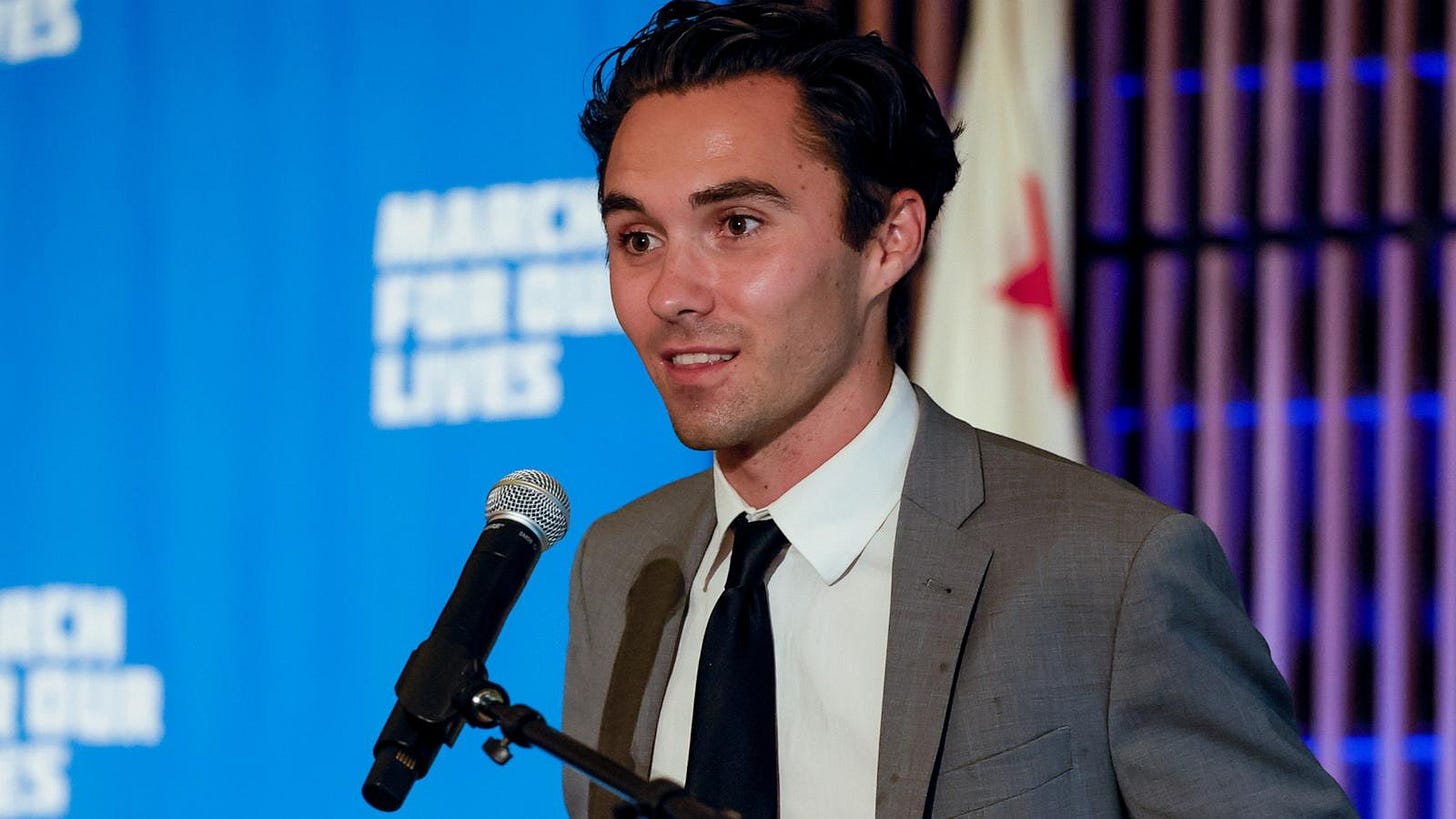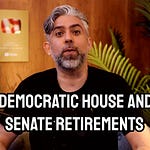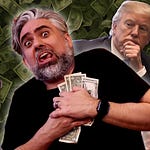David Hogg, the vice chair of the Democratic National Committee, announced he’s spending $20 million through his group, Leaders We Deserve, to primary sitting Democratic incumbents. He’s targeting safe-seat veterans, mostly older members, and it’s kicking off a full-blown internal fight.
DNC chair Ken Martin isn’t having it. He’s proposing a rule that would ban DNC leaders from participating in partisan primaries — meaning Hogg would either have to step down or drop the activist role. The rule’s set to be debated at the DNC’s August meeting, and Hogg’s already digging in, saying he’ll fight to stay. Martin’s also announced a $1 million-a-month allocation to state parties, saying the DNC needs to decentralize. The real translation? Tension is so high they’re trying to buy unity.
But here’s the thing — I actually think Hogg is right. The Democratic Party would benefit from some turnover. There are plenty of incumbents who have grown comfortable, complacent, and maybe even a little out of step. At the same time, that’s only half the issue. Because the problem with tossing out incumbents is you need to replace them with winners. These older Democrats have won election after election, and that’s not something you just replicate by parachuting in a 24-year-old with a TikTok following and a podcast. Safe seats aren’t invincible. Primaries can backfire. And while I’m all for change, I’m also for winning.
The larger problem here is that you can’t be both the referee and the quarterback. If you’re helping to write the rules for how the party operates, you don’t get to break them for your own political goals. It’s not about silencing voices — it's about basic conflict of interest. If the DNC is supposed to be the governing body that creates a level playing field, its leaders can’t be in the middle of bloodying that field themselves.
Hogg was already a controversial pick. He’s got detractors inside and outside the party. He’s drawn criticism not just from Republicans or centrists, but even from fellow gun control activists. The fact that this move feels more like a campaign than a strategic plan doesn’t help. It feels loud. It feels disruptive. And in a moment when Democrats are trying to project unity — especially heading into an election where every House seat could make or break their control — it feels reckless.
The reality is that American politics is in a narrow-band era. Gerrymandering, polarization, and party-line voting mean that major swings are less likely. Which makes every seat even more valuable. We’re not in a 60-seat blowout environment anymore. We’re in a +5, -5, maybe +15 cycle. That means replacing a proven vote-getter with someone untested — even in a “safe” district — can be dangerous.
So yeah, I think Hogg is right that the party needs to evolve. But I also think he’s wrong to do it this way. Because if it leads to chaos, to even a few avoidable losses, he’s not just risking some outdated Democrats — he’s risking the whole agenda. And if he’s not willing to see that, then maybe Ken Martin’s rule isn’t such a bad idea after all.
Check out Gabe’s reporting at The Free Press!
Chapters
00:00:00 - Intro
00:01:55 - DNC Confusion
00:05:43 - Interview with Gabe Kaminsky
00:25:39 - Update
00:25:58 - Ukraine Peace Deal
00:29:42 - Voter ID
00:31:24 - Canadian Election
00:36:40 - Interview with Gabe Kaminsky, continued
01:03:33 - Wrap-up














Share this post